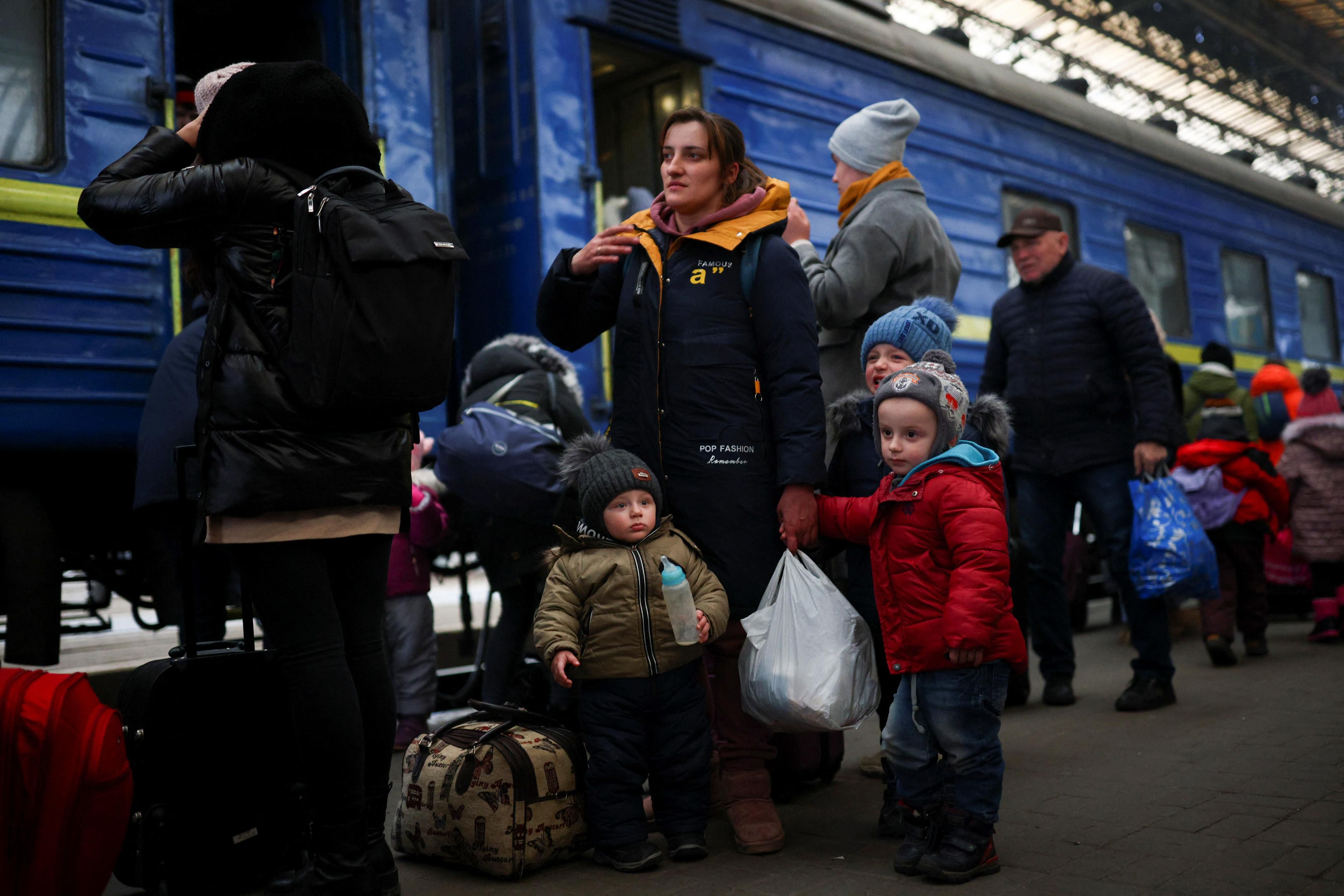Hard Numbers: Ukraine’s refugee crisis, Germany may keep nuclear plants, Guatemala rejects Sputnik V, Australia hit by “rain bomb”
660,000: More than 660,000 refugees fled Ukraine in the five days after Russia invaded Ukraine, and half of them have gone to neighboring Poland. The UN estimates that the worsening conflict could force up to 5 million people to flee.
3: Germany says it is looking into extending the lifespan of its three remaining nuclear plants because of uncertainty about the future of energy supplies in Europe. Still, Germany’s energy minister said that reviving the plants, which were set to shut down later this year, won’t help with the 2022-23 winter season because the shutdown is so far advanced.
1 million: Authorities in Guatemala say that 1 million doses of Russia’s Sputnik V COVID vaccine are set to expire because large swaths of the population are rejecting the shot. An additional 1.7 million doses of the second Sputnik jab will expire there next month.
10: At least 10 people have been killed by severe flooding in southeastern Australia in an event described as a massive “rain bomb.” Australia has been hit by a range of extreme weather events at least partly linked to climate change in recent years, most notably severe bushfires in 2019-2020 that decimated 74,000 square kilometers of forestry.
